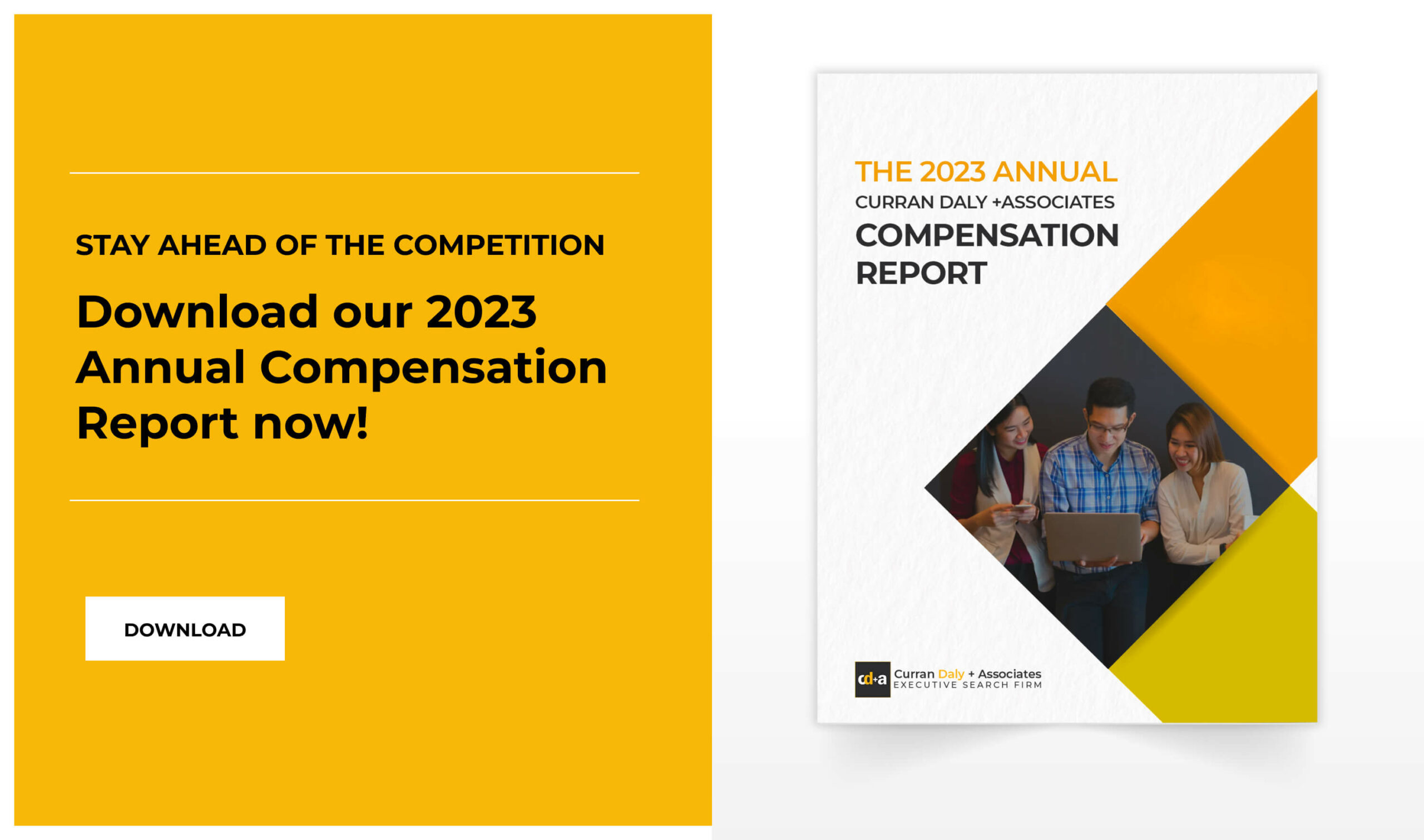Five interviewers sit across the table as you enter the room, all eyes are on you. Putting yourself in a candidate’s shoes you can understand it can be more than just a little intimidating. In this week’s blog post we briefly delve into what panel interviews are all about, and help you think about whether this interview format is one you could implement for recruiting a certain position in your company.
What is a panel interview?
A panel interview is a technique that allows a group of two or more members of a hiring company (such as hiring managers, line managers, department heads etc.) to interview a candidate at the same time. This type of interview is popular in many top corporations, government public sectors, academic institutions, and large non-profit organisations. This format is usually suited for executive, management and leadership positions.
According to Susan Whitcomb, executive coach and author, panel interviews are increasingly becoming popular over one-on-one interviews for two reasons. First, it gives the candidate a chance to meet everyone that they would be working with which can be a big time-saver. Secondly and most importantly, meeting the whole team gives everyone a better idea of how well (or not) a candidate would fit into the group.
Anne Fisher of Fortune Magazine furthermore enforces this and says that panel interviews are advantageous over interviewing one-on-one. Interviewing with others help panellists compare their reactions to the information provided and how well they believe the candidates match the requirements of the position. However, be aware that by having more people make a hiring decision can also make it more difficult to reach a consensus, due to difference in views and approaches among the panel members, which could also lead to hire mistakes.
Lou Adler, a thought leader in the HR space for the past decade, is a vocal advocate for the panel interview. He says that when organised properly, panel interviews are a great tool for saving time; giving weaker interviewers an opportunity to participate; and can increase assessment accuracy.
Many organisations see it as a good opportunity to see how candidate’s handle stress “under fire” with the rapid succession of questions. But oppositions to this interview format argue that panel interviews can be incredibly stressful for candidates, much more so than one-on-one conversations. This added burden tends to affect their behaviour, making them appear to be much less confident and competent than they really are, particularly if panel members ask questions at a rapid pace. Candidates could become confused, which can negatively affect their performance.
This week’s manager tips:
While there are both advantages and disadvantages to the panel interview, if you’ve decided that this format is suitable for a particular position, here are some ideas that can help ensure that your panel interview goes smoothly –
- Like with any interview, thorough preparation is important. Make sure that all panel members know ahead of time the job description and the ideal candidate profile listing the core qualifications, experience and aptitudes a successful applicant would need. Request input from the other panel members during the drafting of these documents, so that everyone is clear about what the company is trying to achieve by recruiting for the role.
- Appoint a chairperson, designated to lead the proceedings who will be in charge of welcoming the candidate, making introductions to the panel, their roles and the interview itself. They will also be the one to close the interview and explain what happens next and when the candidate can expect a decision. Doing this will avoid any confusion for both the candidate and the other panel members.
2) DURING THE INTERVIEW
- Welcome candidate’s as if they are guests. The format in itself can be intimidating. It’s ok to be friendly whilst still being professional. It doesn’t have to be so much of a “firing squad” but rather an opportunity for the candidate to experience cultural fit and build a rapport with the panel members.
- Honor everyone’s time by keeping to schedule.
- Ask follow-up questions if you do not understand the candidate’s response to an interview question or if you need more information about the response.
- Remain objective. Don’t allow personal biases to sway your thinking. Don’t ask questions that are not relevant to the positions (for example, don’t ask about religious beliefs or perhaps military experience unless it really was relevant to the job).
3) DE-BRIEF AFTER
- After all the interviews have been completed, schedule a meeting with all the panel members to discuss and compare each candidate’s performance.
- The advantage of holding a panel interview is the benefit of multiple opinions. Each panel member brings different expectations and experiences to the interview, and this can facilitate in-depth discussion about the merits of each candidate and the potential match with the position and/or organisation.











0 Comments